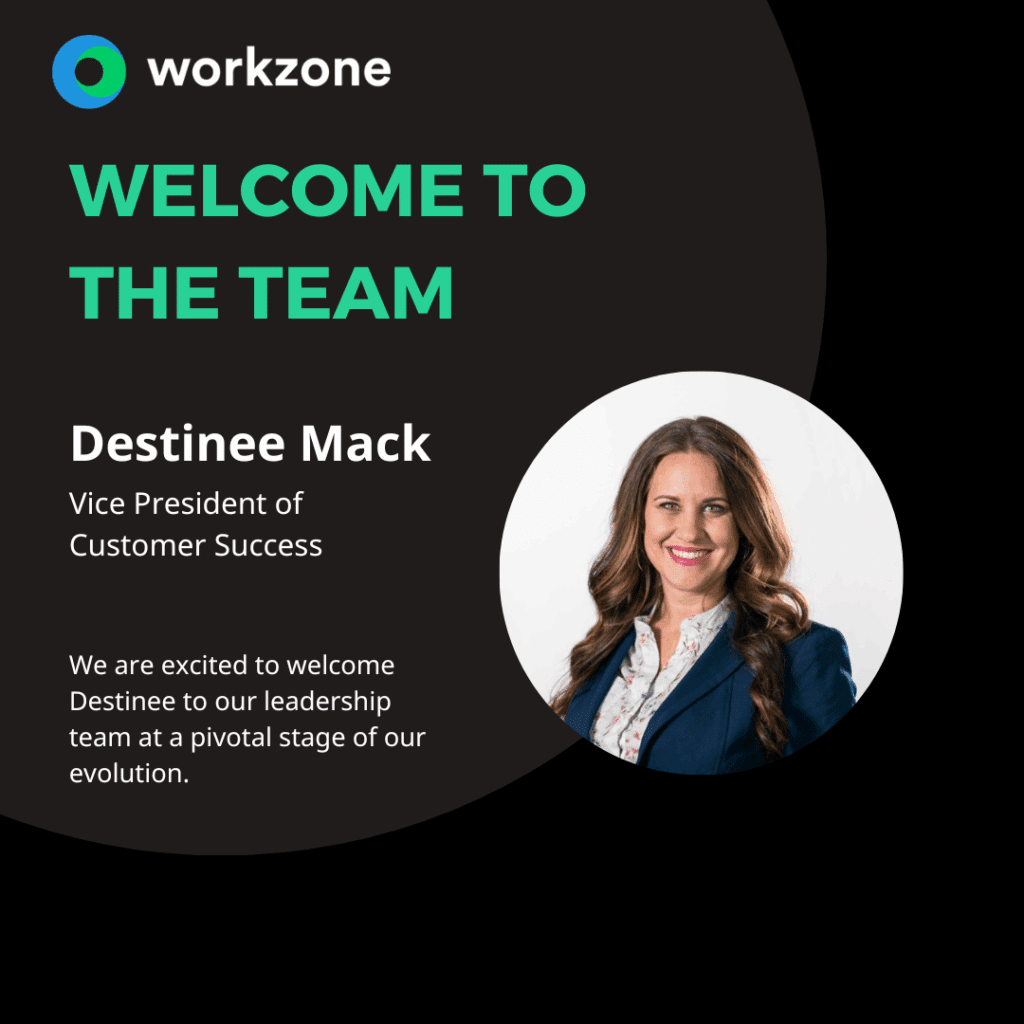Moving On from Microsoft Project

As technology progresses, companies are continually forced to reevaluate their software and hardware solutions. What worked brilliantly five or ten years ago may now be nothing more than a hindrance to keeping a competitive edge in the marketplace as business rivals adapt newer and better programs to prop up their infrastructure. Thus, business leadership has the heavy responsibility of discerning when and how to upgrade, and perhaps most importantly, what new system or program to pick up and which to dump.
Nowhere has technology advanced so drastically in recent years than in the cloud-based computing realm. Every day, more and more software vendors shift their focus away from the aging local computing paradigm to cloud-based programs accessed from a variety of computers and mobile devices by the client. Whether they provide relatively simple online document management software or high-capacity project management systems, developers all over the world are increasingly emphasizing the countless advantages of computing in the online space.
If you suspect your company is ready to move on from Microsoft Project and reap the benefits, the best move you can make is into the exciting world of the cloud. Newer, more nimble offerings and companies like Workzone, Basecamp, and Smartsheet are changing the face of the project management software industry for good. While MS Project and its peers are to be lauded for bringing the concepts of workflows, smooth-running projects, and deep data analysis into the computer age, the second wave of project programming is here to stay. If you’re not going to the cloud for your next solution, you’re moving backward. Though Microsoft has gone to great lengths in its attempts to convert Project to compete with newer cloud technologies, when all is said and done, software must be built from the ground up with the cloud in mind, or its functionality will inevitably suffer as vestiges of its previous incarnations continue on unchanged.
One of the primary benefits of investing in alternatives to Microsoft Project like these is unprecedented, unhindered access to the full depth and breath of your projects’ data 24/7, maintenance-free. While older solutions forced IT departments to work overtime attempting to troubleshoot myriad problems across an endless array of different computer and mobile device configurations, the cloud is entirely seamless. The data you access on your laptop is identical to the data you can access from your desktop or cell phone, and the same goes for everyone in your company from every department.
While moving on from Microsoft Project can seem like a monumental undertaking depending on the size of your company, jumping into the cutting edge of the field can do wonders for your efficiency and ultimately your profits. And unlike some investments that are slow to clearly show their worth to your bottom line, the efficiency and increased capacity of your sales, operations, and marketing teams are usually noticeable right away. Moving on has never been more worth it.
Related articles
Last updated on May 28, 2025



